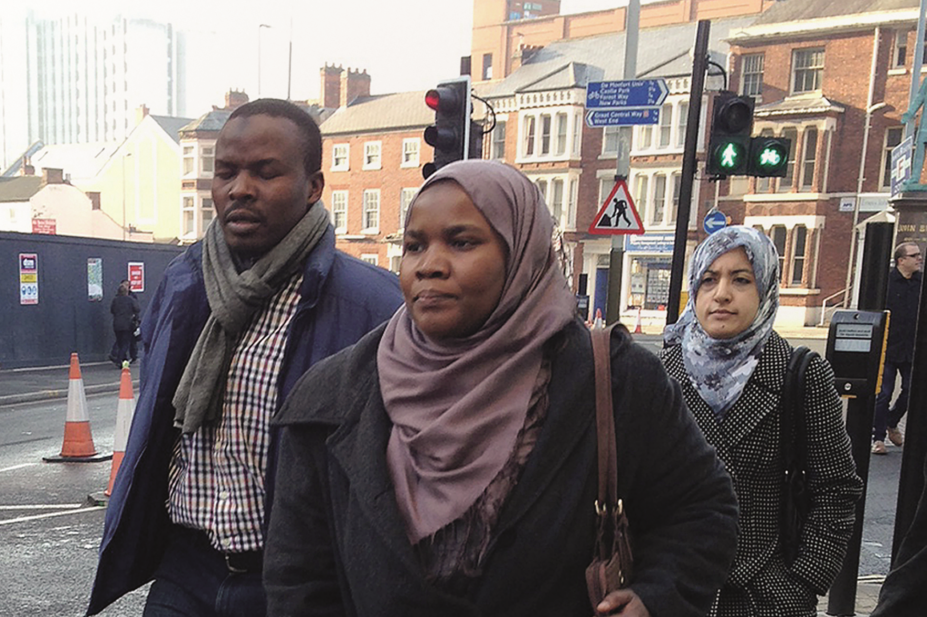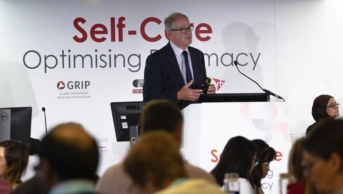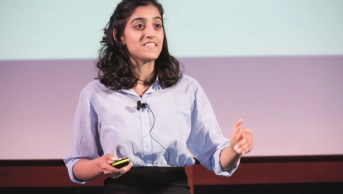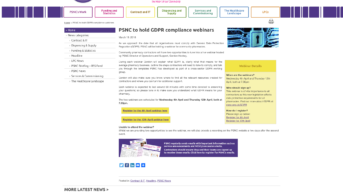
Richard Vernalls/PA Archive/PA Images
Reflective statements, prepared by doctors as part of their learning and development process, should be legally protected so that courts cannot demand to see them, the General Medical Council (GMC) has said.
The recommendation was made following the case of Hadiza Bawa-Garba, a paediatric trainee who was found guilty of gross negligence manslaughter following the death of a patient. A copy of Bawa-Garba’s reflections on the case was appended to the statement of a witness giving evidence for the prosecution.
In evidence given to the Williams Review of gross negligence manslaughter charges in medicine set up after the prosecution of Bawa-Garba, Terence Stephenson, chair of the GMC, said: “We have made it clear that the GMC will not ask for doctors’ reflective records as part of the fitness to practise processes. But we do not control the actions of the courts, and recorded reflections, such as in e-portfolios or for CPD [continuing professional development] purposes, are not subject to legal protection.
“We have concluded that, because doctors’ reflections are so fundamental to their professionalism, UK and devolved governments should consider how to protect them in law, if they see fit to do so.”
The GMC’s position is supported by the Medical Protection Society (MPS). “Written reflections with the sole purpose of education and training should be given special, legally privileged status,” the MPS told the Williams review.
“This should include reflections in all education and training documents, such as e-portfolios and all annual appraisals, training forms and the annual review of competence progression, whether completed by a doctor or a consultant/supervisor.”
In a statement published in February 2018, Duncan Rudkin, chief executive of the General Pharmaceutical Council (GPhC), said the GPhC recognised that the “difficult and tragic case” of Bawa-Garba had caused concern among pharmacy professionals. New revalidation procedures encourage pharmacy professionals to reflect on their practice in peer discussion.
“We recognise there may be concerns over how these reflections could be used, and so we want to be clear that we will not ask pharmacy professionals or peers to record what was discussed,” Rudkin said. “Instead they will be asked to record how the process of having a peer discussion has benefited their practice.”


